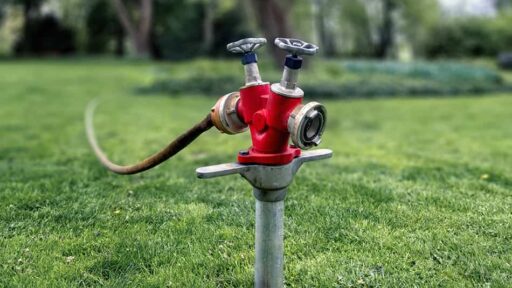Mulch is a simple yet powerful tool for gardening and landscaping. It helps improve soil, protects plants, and gives your yard a neat and finished look. With so many types of mulch available, choosing the right one can be confusing.
Each type has its own benefits and works best in different situations. In this article, we will look at the most common types of mulch and how they can help your garden or landscape.
Organic Mulch
Organic mulch is made from natural materials that break down over time. Some common examples include wood chips, bark, straw, grass clippings, and shredded leaves.
One of the main benefits of organic mulch is that it adds nutrients to the soil as it decomposes. This improves soil health and helps your plants grow better. It also keeps the soil moist by reducing water loss and protects plant roots from heat and cold.
Wood chips and bark are great for flower beds and around trees, while straw works well in vegetable gardens. You may need to replace organic mulch once or twice a year as it breaks down.
Inorganic Mulch
Inorganic mulch is made from materials that do not break down easily. This includes stones, gravel, rubber, and landscape fabric. These types of mulch are often used in areas where long-lasting coverage is needed.
Inorganic mulch is great for controlling weeds and keeping the soil in place. It does not improve soil quality like organic mulch, but it requires less maintenance. Rocks and gravel are often used in garden paths, driveways, or desert-style landscapes.
Rubber mulch is made from recycled tires and is commonly used in playgrounds and paths. It lasts for many years and doesn’t attract insects or mold.
Mulch for Moisture Control
Some types of mulch are especially good at holding in moisture. These include shredded bark, pine needles, and compost. If you live in a hot or dry area, mulch that keeps moisture in the soil is very helpful.
Keeping soil moist helps reduce the need for frequent watering. This is not only good for your plants but also saves time and money. Mulch also prevents the soil from drying out and cracking under the sun.
When applying mulch for moisture control, make sure to spread it evenly and avoid piling it too close to plant stems. This helps prevent mold or rot.
Mulch for Weed Control
Mulch acts as a natural barrier to weeds. It blocks sunlight, which helps stop weeds from growing. This can save you hours of weeding and keep your garden looking clean.
Both organic and inorganic mulch can help control weeds. However, black plastic or landscape fabric works best if your main goal is to stop weed growth. You can cover the fabric with bark or stones for a better appearance.
If you are working on a large area, it’s more cost-effective to buy mulch in bulk here rather than in small bags. Bulk mulch also makes it easier to cover large spaces evenly.
Learn All About Different Types of Mulch
Mulch is an easy way to improve your garden’s health and appearance. Whether you choose organic or inorganic mulch, each type offers unique benefits.
From holding in moisture to stopping weeds, mulch can make your gardening work much easier. Choose the type that fits your space and enjoy a healthier, cleaner, and more beautiful yard.
Visit our blog for more!








![20 front yard succulent garden ideas[P]](https://cdn.enthrallinggumption.com/wp-content/uploads/2023/12/20frontyardsucculentgardenideas-512x288.jpg)